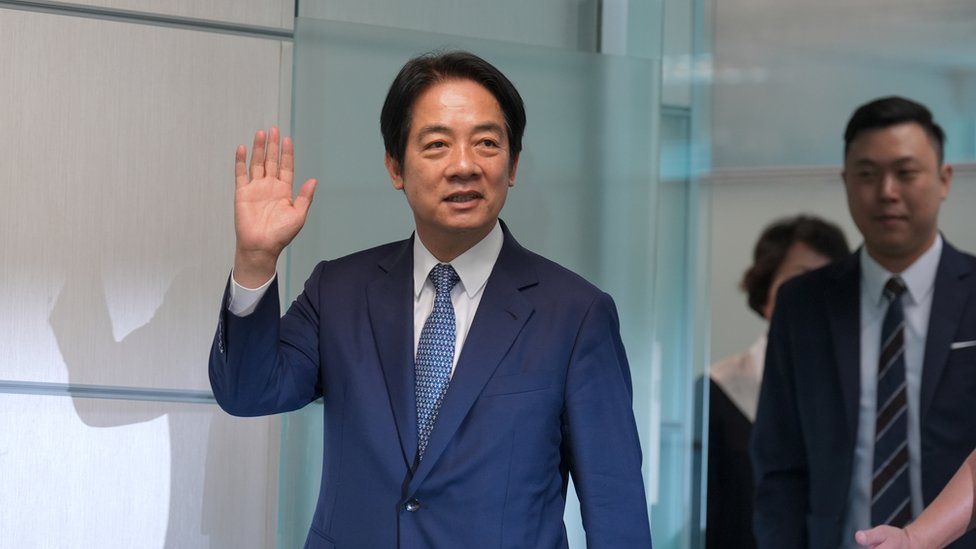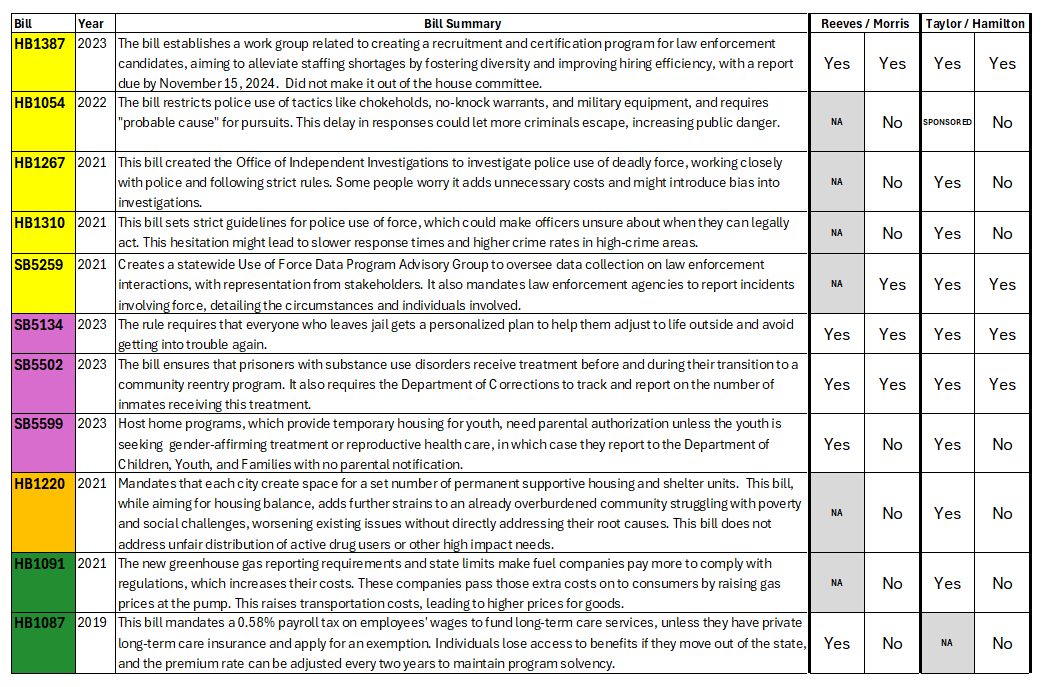Taiwan VP Lai's VE Day Address: Concerns Over Totalitarian Trends

Table of Contents
Key Messages in Lai's VE Day Address
VP Lai's VE Day address centered on the enduring values of peace, democracy, and freedom – values hard-won during World War II and now increasingly challenged in the 21st century. His speech eloquently linked the fight against totalitarian regimes in the past with the contemporary struggle against authoritarianism, emphasizing the importance of vigilance and proactive defense of democratic ideals.
- Defense of Democratic Values: Lai underscored the need for unwavering commitment to democratic principles, highlighting Taiwan's robust democratic system as a beacon of hope in a world facing increasing authoritarian pressure. He stressed the importance of preserving freedom of speech, assembly, and the rule of law – essential pillars of a functioning democracy.
- Lessons from WWII: The address drew parallels between the fight against fascism and Nazism during World War II and the contemporary threats posed by authoritarian regimes. This historical context served to emphasize the gravity of the current situation and the importance of learning from past mistakes.
- International Cooperation: Lai stressed the crucial need for international cooperation to safeguard democracy and counter totalitarian trends. He emphasized Taiwan's commitment to working with like-minded nations to promote peace and stability in the region and globally.
Concerns Highlighted Regarding Totalitarian Trends
Lai's address, while focusing on peace and democracy, implicitly addressed the growing threat of authoritarianism, particularly from China's increasingly assertive actions towards Taiwan. The speech served as a subtle but powerful counterpoint to China's narrative, highlighting the dangers of unchecked authoritarianism and its potential consequences for regional and global stability.
- China's Influence and Threats: The geopolitical context surrounding Taiwan's precarious position, facing significant pressure from China, was undeniably present. Lai's emphasis on democratic values acted as a clear rejection of China's claim to Taiwan and its attempts to undermine its democratic institutions.
- Examples of Global Authoritarianism: While not explicitly naming specific countries, Lai's address alluded to the rise of authoritarianism across the globe, highlighting the erosion of democratic norms and institutions in various parts of the world. This served as a call to action for global cooperation to counter these trends.
- Threats to Regional Stability: The speech underscored the potential destabilizing impact of unchecked authoritarianism in the region. Any escalation of tensions between Taiwan and China could have far-reaching consequences for regional stability and global peace.
International Implications and Responses
Lai's address generated significant international attention, highlighting the growing global concern over authoritarianism and the importance of supporting Taiwan's democracy. The speech was seen as a significant statement, particularly in light of the increasing pressure exerted by China.
- Reactions from Key Players: The US, Japan, and several European Union members expressed support for Taiwan and its commitment to democracy, underscoring the international significance of Lai's address and Taiwan's struggle against authoritarian pressure.
- International Collaborations: The address reinforced the need for strengthened international collaborations to counter authoritarianism and support democratic values globally. Existing alliances and partnerships are crucial, but further cooperation and strategic alliances are needed to effectively address the growing threat.
- Effectiveness of Diplomatic Strategies: Lai's speech highlighted the need for a multifaceted approach involving diplomatic engagement, economic cooperation, and potentially stronger security alliances to counter the threat posed by authoritarian regimes. The effectiveness of these strategies will be crucial in the coming years.
The Role of Taiwan in Countering Global Totalitarianism
Taiwan, despite facing immense pressure, stands as a vibrant example of a successful democracy. Its commitment to democratic values and its resilience in the face of authoritarian pressure make it a crucial player in the global fight against totalitarianism.
- Contribution to Democratic Values: Taiwan's robust democratic institutions, free press, and independent judiciary serve as a model for other democracies and a powerful counter-narrative to authoritarian regimes.
- Taiwan as a Model: Taiwan's experience demonstrates that democracy can thrive even under immense pressure, offering a powerful example for other nations facing similar challenges.
- Challenges and Opportunities: Taiwan's continued success in defending its democracy will require ongoing international support and a strong commitment to its own democratic principles. However, it also presents a unique opportunity to showcase the strength and resilience of democratic values in the face of authoritarianism.
Conclusion: Analyzing the Significance of VP Lai's Address and the Fight Against Totalitarian Trends
VP Lai's VE Day address serves as a potent reminder of the ongoing struggle against authoritarianism. His speech highlighted the importance of defending democratic values, the threats posed by rising totalitarian trends, and the crucial role Taiwan plays in this global struggle. Understanding Taiwan's stance on totalitarianism is essential to understanding the broader global context. Analyzing the implications of VP Lai's address concerning global totalitarian trends reveals a critical need for international cooperation and a commitment to defending democratic principles worldwide. The importance of resisting totalitarian trends in Taiwan and beyond cannot be overstated. We urge readers to stay informed about the situation in Taiwan, support democratic values, and actively participate in the fight against authoritarianism. Learn more about Taiwan and its unwavering commitment to freedom and democracy; understanding the challenges it faces is crucial to safeguarding democratic values globally.

Featured Posts
-
 Transparency And Justice Evaluating The Release Of Jeffrey Epstein Files And Ag Pam Bondis Role
May 10, 2025
Transparency And Justice Evaluating The Release Of Jeffrey Epstein Files And Ag Pam Bondis Role
May 10, 2025 -
 Dakota Johnson And Melanie Griffith A Mother Daughter Day Out In Spring Fashion
May 10, 2025
Dakota Johnson And Melanie Griffith A Mother Daughter Day Out In Spring Fashion
May 10, 2025 -
 Nl Federal Election Candidate Comparisons And Insights
May 10, 2025
Nl Federal Election Candidate Comparisons And Insights
May 10, 2025 -
 Golden Knights Defeat Blue Jackets Hills Stellar Performance Secures Win
May 10, 2025
Golden Knights Defeat Blue Jackets Hills Stellar Performance Secures Win
May 10, 2025 -
 Nikto Ne Priekhal K Vladimiru Zelenskomu 9 Maya Odinochestvo Prezidenta
May 10, 2025
Nikto Ne Priekhal K Vladimiru Zelenskomu 9 Maya Odinochestvo Prezidenta
May 10, 2025
